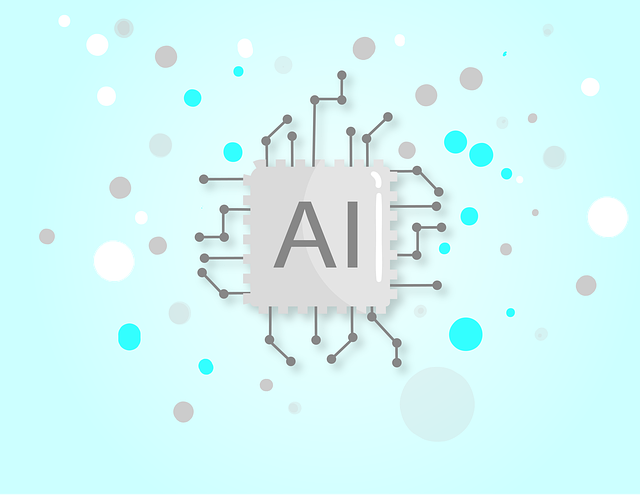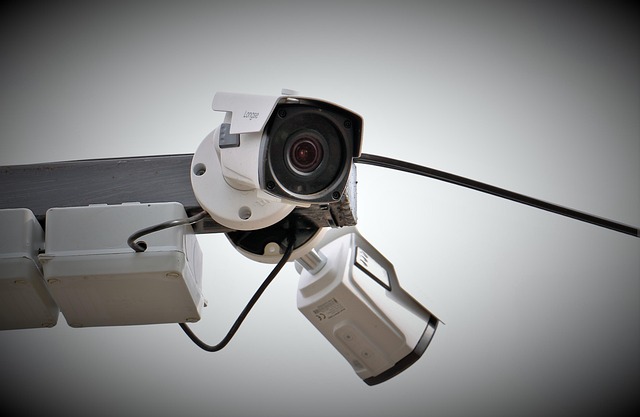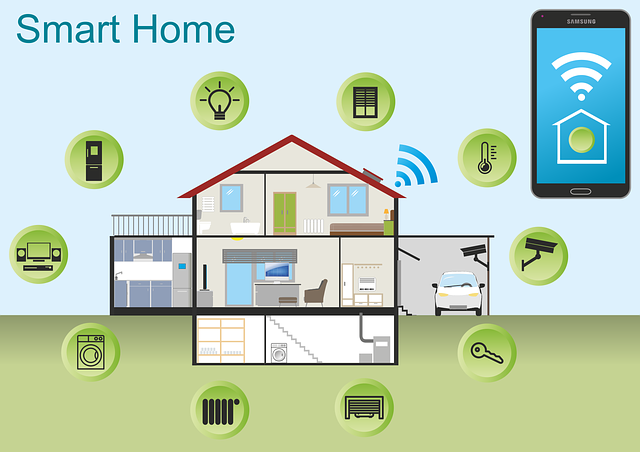Artificial Intelligence (AI) is revolutionizing home security by enhancing traditional methods with intelligent, adaptable systems. Leveraging machine learning algorithms, these technologies analyze patterns, detect anomalies, and predict threats accurately, offering advanced protection beyond simple motion detectors. Key features include facial recognition, voice commands, predictive analytics, and remote monitoring via user-friendly apps, providing homeowners with peace of mind in an increasingly complex world. Despite challenges like data privacy concerns, AI's role in safety will become increasingly prominent, promising enhanced surveillance, proactive threat detection, and smarter home automation tailored to individual needs.
“Experience a new era of home security with Artificial Intelligence (AI) as the key. This transformative technology is reshaping modern security, offering unprecedented protection. From understanding AI’s role in unlocking new possibilities to exploring its impact on threat detection and response, this article delves into the benefits and challenges of AI-driven home protection. Discover how intelligent systems enhance safety, navigate emerging advancements, and grasp the future prospects of AI in shaping your home’s security.”
- Understanding AI in Home Security: Unlocking New Possibilities
- Modern Security Technology: The Emergence of Artificial Intelligence
- AI-Driven Home Protection: Enhancing Safety with Intelligent Systems
- AI Security Advancements: Revolutionizing Threat Detection and Response
- The Role of AI in Home Safety: Benefits, Challenges, and Future Prospects
Understanding AI in Home Security: Unlocking New Possibilities

The integration of Artificial Intelligence (AI) into home security systems marks a significant shift in how we protect our personal spaces. AI in home security offers unprecedented levels of intelligence and adaptability, transforming traditional safety measures. By leveraging machine learning algorithms, these modern security technologies can analyze patterns, detect anomalies, and anticipate potential threats with remarkable accuracy. The role of AI in enhancing safety is profound, enabling systems to learn from data, recognize familiar routines, and respond swiftly to any deviations.
AI-driven home protection goes beyond simple motion detectors. It unlocks new possibilities, such as facial recognition for access control, voice commands for interaction, and predictive analytics to anticipate break-in attempts. These advancements not only provide more efficient security but also create a seamless and personalized experience for homeowners. With AI at the helm, modern security technology promises to keep our homes safer, offering peace of mind in an increasingly complex world.
Modern Security Technology: The Emergence of Artificial Intelligence

Modern security technology has seen a remarkable shift with the emergence of artificial intelligence (AI). As the world becomes more connected and smart homes gain popularity, AI is at the forefront of revolutionizing home security. The traditional methods of protection are being enhanced and complemented by advanced AI algorithms, bringing about a new era of AI-driven home protection.
AI security advancements have led to the development of intelligent systems that can learn from data, recognize patterns, and make decisions with minimal human intervention. These technologies offer proactive measures for identifying potential threats, from recognizing unusual activity through motion sensors to analyzing video footage for suspicious behavior. By leveraging machine learning, AI-based systems can adapt and improve over time, ensuring a more responsive and efficient approach to home safety.
AI-Driven Home Protection: Enhancing Safety with Intelligent Systems

AI-Driven Home Protection is revolutionizing the way we think about and approach personal safety. With advancements in artificial intelligence security, modern security technology is becoming smarter and more proactive. AI systems can now analyze patterns, detect anomalies, and predict potential threats, all within real-time. This intelligent approach to home protection goes beyond traditional security measures by learning from data and evolving with time.
AI in home security plays a pivotal role in enhancing safety through its ability to process vast amounts of information quickly. These systems can integrate various sensors, cameras, and smart devices to create an interconnected network that monitors and secures homes effectively. By leveraging AI security advancements, homeowners can enjoy peace of mind knowing that their properties are protected by cutting-edge technology.
AI Security Advancements: Revolutionizing Threat Detection and Response

Artificial Intelligence (AI) is rapidly revolutionizing the field of home security by enhancing threat detection and response capabilities. Modern security technology now leverages AI-driven algorithms to analyze vast amounts of data from various sensors, cameras, and devices within a home, enabling proactive protection against potential risks. By learning patterns and behaviors, these intelligent systems can identify anomalies that might indicate intrusions, fires, or other emergencies with remarkable accuracy.
This advanced role of AI in safety goes beyond simple motion detection to include sophisticated image and voice recognition, as well as predictive analytics. AI-powered home security solutions not only alert residents but also enable remote monitoring and control through user-friendly applications. This ensures that homeowners can stay informed and take immediate action, enhancing peace of mind and overall safety.
The Role of AI in Home Safety: Benefits, Challenges, and Future Prospects

The integration of Artificial Intelligence (AI) into home security systems has revolutionized modern security technology, offering unprecedented levels of protection and convenience. AI-driven home protection leverages advanced algorithms to analyze real-time data from various sensors and cameras, enabling more accurate and swift responses to potential threats. One of the key benefits is its ability to learn patterns and behaviors, allowing for smarter decision-making over time. For instance, AI can distinguish between familiar and unfamiliar activities, reducing false alarms while ensuring immediate alerts during unusual occurrences.
Despite these advantages, challenges persist in implementing AI for home security. Data privacy and ethical considerations are paramount, as vast amounts of personal information are processed. Ensuring the security and integrity of this data is crucial to maintaining user trust. Furthermore, AI security advancements must overcome limitations in handling complex scenarios that require nuanced judgments. As the field continues to evolve, the role of AI in safety will become increasingly prominent, promising enhanced surveillance capabilities, proactive threat detection, and smarter home automation systems that adapt to individual needs.






